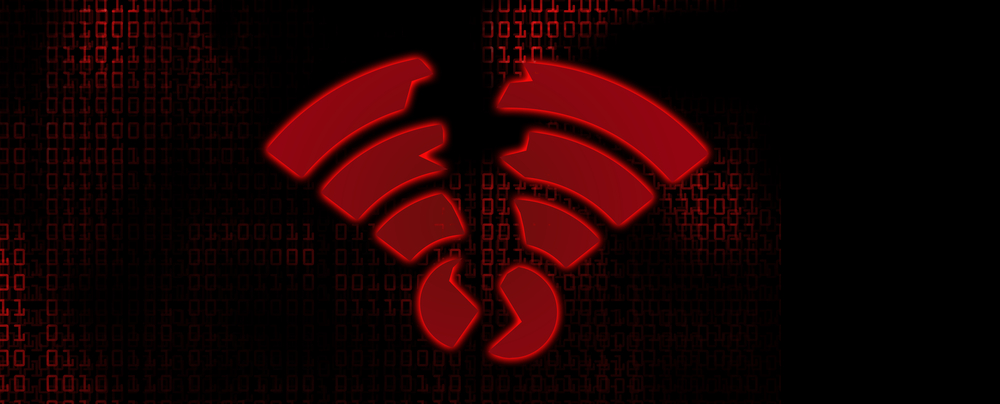Kr00k Security Flaw Exposes Wi-Fi Traffic of Raspberry Pi, MacBooks, Routers and More: What to Do
The Kr00k security flaw affects everything using Wi-Fi chips from Broadcom and Cypress.

ESET researchers today revealed a vulnerability called Kr00k that hackers can exploit to snoop on the Wi-Fi traffic of devices using chips made by Broadcom and Cypress. How many devices might that be? Well, according to the researchers, billions of devices were affected by Kr00k before manufacturers started releasing patches.
These Wi-Fi chips are found in many popular devices. Amazon uses them in its Kindle and Echo products; Apple uses them in various iPad, iPhone and MacBook models; Google uses them in its Nexus products; Samsung relies on them for its Galaxy smartphones and they're also found in the Raspberry Pi 3, as well as Wi-Fi routers.
The ESET researchers said they didn't find any evidence of Kr00k in Wi-Fi chips made by Qualcomm, Realtek, Ralink or MediaTek. This suggests the problem was limited to chips made by Broadcom, which acquired Cypress in 2016, but ESET said they weren't able to test every Wi-Fi chip to confirm that.
"Wi-Fi access points and routers are also affected by Kr00k," the ESET researchers said, "making even environments with patched client devices vulnerable. All-in-all, before patching there were more than a billion affected devices." People were effectively made vulnerable twice: once via their devices and once via access points.
Addressing the vulnerability also required a two-tiered approach. Broadcom had to develop its own patch to release to manufacturers, which then had to release patches for their own products afterwards. And then, of course, people had to actually install the patches before their devices would actually be protected.
That leaves a lot of points of failure. Broadcom released patches to manufacturers, according to the ESET researchers, but it's not clear that every manufacturer has released patches for all of their affected products. Even if they have, there's no guarantee that all of the affected devices will receive those critical patches.
What Should You Do?
So where does that leave everyone? ESET's researchers said consumers should check with manufacturers to see if a patch is available for their products. It also said that it's working with the Wi-Fi Alliance, "which is developing additional tools that might help organizations identify vulnerable devices in their infrastructure."
Get Tom's Hardware's best news and in-depth reviews, straight to your inbox.

Nathaniel Mott is a freelance news and features writer for Tom's Hardware US, covering breaking news, security, and the silliest aspects of the tech industry.